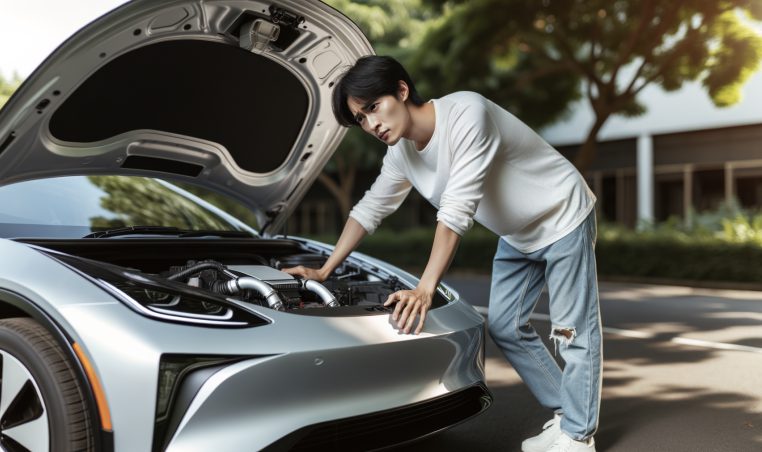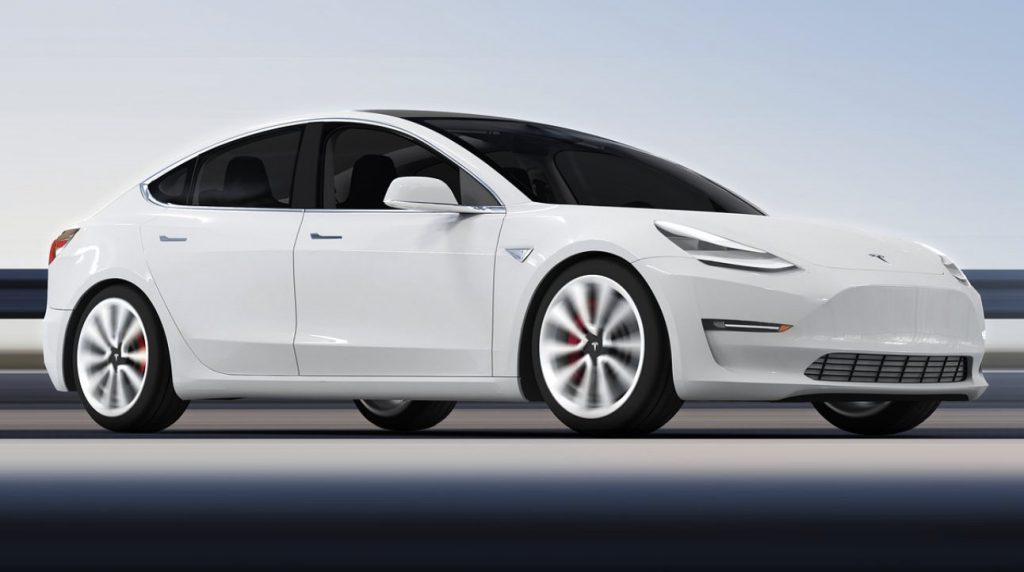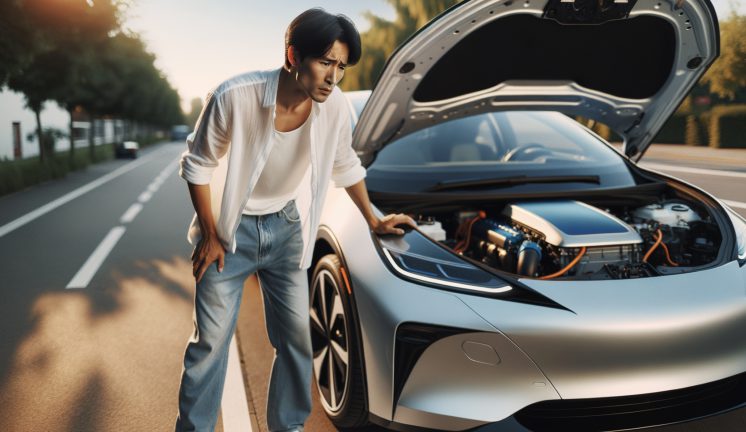Your guide: Are Teslas reliable?
With its cutting-edge electric cars, Tesla has changed the way cars are made. As long as the company controls the EV market, many people who want to buy one are curious about how reliable these high-tech machines are. So, Are Teslas reliable? Today, we’ll cover just that. Keep reading to find out more.
Also read: Tesla (TSLA) Keeps Breaking Records: Why Trump Will Bring Even More Gains


Tesla’s journey in the car business has been nothing short of amazing. The company has been through a lot, from being a small start-up to becoming a well-known brand. When we look into how reliable Tesla cars are, we’ll look at a number of factors, such as consumer reports, expert opinions, and Tesla owners’ real-life experiences.
Are Teslas reliable?
Understanding Reliability Metrics
Before you judge the dependability of any car, even a Tesla, you need to know how this metric is calculated. Many organizations and resources can help you figure out how reliable a car is. Some of these are RepairPal, Consumer Reports, and J.D. Power.
These groups look at things like how often repairs need to be done, how much they cost, and how satisfied customers are overall. The National Highway Traffic Safety Administration (NHTSA) and the Insurance Institute for Highway Safety (IIHS) also give safety ratings that they look at.
Tesla’s Reliability Rankings
Consumer Reports, a reliable source for fair product testing and research focused on consumers, has given us some interesting information about how reliable Tesla is. Tesla has had some problems in this area in the last few years. Ratings of how reliable the brand is have always been below average.
It’s important to keep in mind, though, that not all Tesla models are as reliable as others. As with most things, some models have totally gotten better over time:
Model-Specific Reliability
The Model S, the Model 3, the Model X, and the Model Y are Tesla’s four main models at the moment. Any of these cars could break down at any time, but some are more reliable than others. Let’s look closely at how well each model works.
Tesla Model 3 is an absolute Reliability Star
The Model 3, which is Tesla’s least expensive car, has a lot of good points. Consumer Reports gave the Model 3 an average score for how reliable they thought it would be. That is big news for a brand of cars that is still pretty new.


The Tesla Model Y: Improving with Time
Tesla’s small SUV, the Model Y, has become more reliable since it first came out. The first models had some problems, but new updates and improvements have made them more reliable. But in terms of dependability, it’s still not as good as the Model 3.
Tesla Model S: A Mixed Bag
The Model S, Tesla’s most expensive sedan, has had a lot of problems with reliability. A few years ago, it got good grades, but now people aren’t so sure about how reliable it is. Lots of owners have said that the electronics and air suspension in their cars aren’t working right.
The Tesla Model X
People have always said that the Model X is the least reliable Tesla model. This is the one with cool wing doors that open upwards. People who own the car have said that they are having trouble with the complicated door mechanism and the electronics and climate system.
Common Reliability Issues
Even though Tesla cars are known for having cool features and performing well, they do have some reliability problems. Some problems that Tesla owners often report are the following:
Problems with electronics
- Set up quality problems.
- Problems with the paint and body panels
- Concerns about battery degradation
- Autopilot and self-driving features don’t work.
It’s important to note that Tesla has taken the initiative to fix many of these problems by providing over-the-air software updates and constantly improving the way they make their cars.


Tesla’s Method for Making Things Reliable
When it comes to dependability, Tesla is the only company that does things the way they do them. Since the business focuses on software-based solutions, they can quickly fix and make changes to their whole fleet. When it comes to cars, Tesla is unique because it can update its cars from afar.
Also read: Tesla: This Positive Development Could Help TSLA Soar Beyond $500
Let’s talk about Battery Technology
One of the most important parts of any electric car is the battery. There are a lot of reasons why Tesla cars are so reliable: their batteries are some of the best in the world. Many Tesla owners feel safe knowing that their batteries are covered for 8 years or 100,000 miles.
However, owners and potential buyers are still talking about their worries about how the batteries will last and how much they will cost to replace in the future. As Tesla keeps making its battery technology better, these issues might be fixed in later models.


Conclusion: Are Teslas Reliable?
All in all, most signs point to yes. Most folks who have a Tesla typically love it. That being said, of course there are going to be issues. With a little bit of research and checking out some community boards you’ll see what consumers are saying. Good luck car hunting out there!





